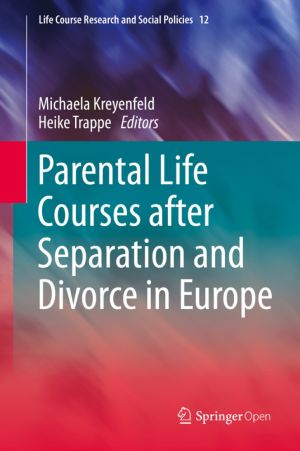
This open book assembles landmark studies on divorce and separation in European countries, and how this affects the life of parents and children. It focuses on four major areas of post-separation lives, namely (1) economic conditions, (2) parent-child relationships, (3) parent and child well-being, and (4) health. Through studies from several Europ...
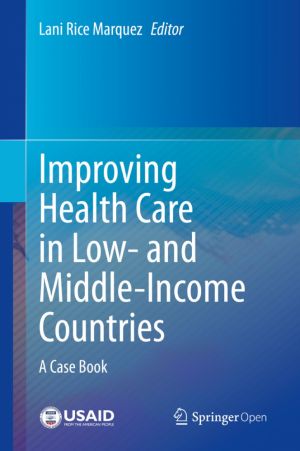
This open book is a collection of 12 case studies capturing decades of experience improving health care and outcomes in low- and middle-income countries. Each case study is written by healthcare managers and providers who have implemented health improvement projects using quality improvement methodology, with analysis from global health experts on ...
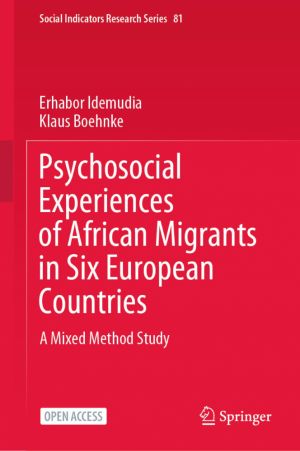
This open book provides an empirical account of the psychological and social experiences of 3500 African migrants to 6 European countries: Germany, Spain, Italy, The Netherlands, France, and the UK. It discusses the psychosocial motivations for migration from Africa, who migrates where, and stressful pre- and post-migration factors affecting the so...
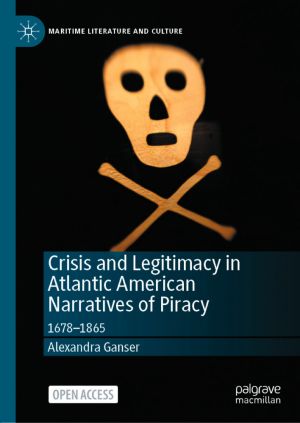
This open book, Crisis and Legitimacy in Atlantic American Narratives of Piracy: 1678-1865, examines literary and visual representations of piracy beginning with A.O. Exquemelin's 1678 Buccaneers of America and ending at the onset of the US-American Civil War. Examining both canonical and understudied texts - from Puritan sermons, James Fenimo...

This open book brings together a unique set of comparative data from Western and Central Europe on how contemporary families live, and discusses the similarities and differences in family lifestyles in this region. The empirical data comes from the authors' original research derived from adult representatives of families with children in the C...
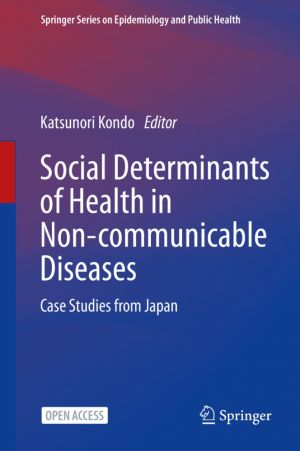
This open book is the first compilation that reviews a wide range of social determinants of health (SDHs) for non-communicable diseases (NCDs) and healthy ageing in Japan. With the highest life expectancy and the largest elderly population in the world, Japan has witnessed health inequality by region and social class becoming more prevalent since t...
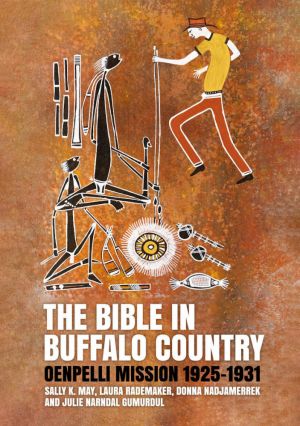
Arriving in the remote Arnhem Land Aboriginal settlement of Oenpelli (Gunbalanya) in 1925, Alf and Mary Dyer aimed to bring Christ to a former buffalo shooting camp and an Aboriginal population many whites considered difficult to control. The Bible in Buffalo Country: Oenpelli Mission 1925 - 1931 represents a snapshot of the tumultuous first six ye...
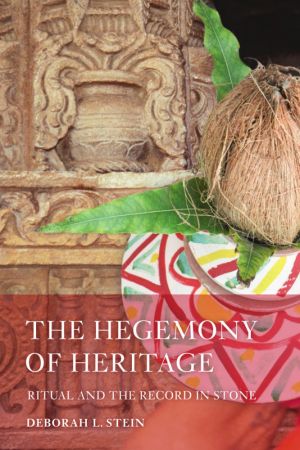
The Hegemony of Heritage makes an original and significant contribution to our understanding of how the relationship of architectural objects and societies to the built environment changes over time. Studying two surviving medieval monuments in southern Rajasthan - the Ambika Temple in Jagat and the Ékalingji Temple Complex in Kailaspuri - the aut...

Building Democracy for All is an interactive, multimodal, multicultural, open e-book for teaching and learning key topics in United States Government and Civic Life. It focuses on the importance of community engagement and social responsibility among middle and high school students core themes in the Massachusetts 8th Grade History & Social Sci...
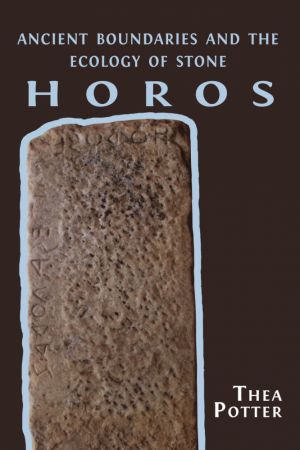
In Horos, Thea Potter explores the complex relationship between classical philosophy and the 'horos', a stone that Athenians erected to mark the boundaries of their marketplace, their gravestones, their roads and their private property. Potter weaves this history into a meditation on the ancient philosophical concept of horos, the foundat...
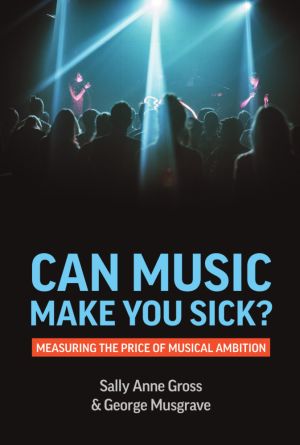
It is often assumed that creative people are prone to psychological instability, and that this explains apparent associations between cultural production and mental health problems. In their detailed study of recording and performing artists in the British music industry, Sally Anne Gross and George Musgrave turn this view on its head.
By liste...
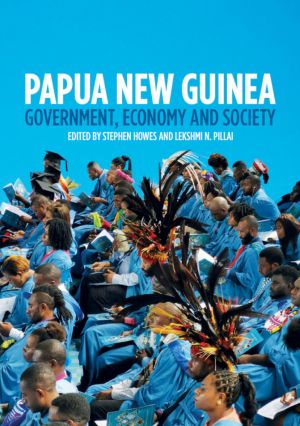
Papua New Guinea (PNG), a nation of now almost nine million people, continues to evolve and adapt. While there is no shortage of recent data and research on PNG, the two most recent social science volumes on the country were both written more than a decade ago. Since then, much has changed and much has been learnt. What has been missing is a volume...
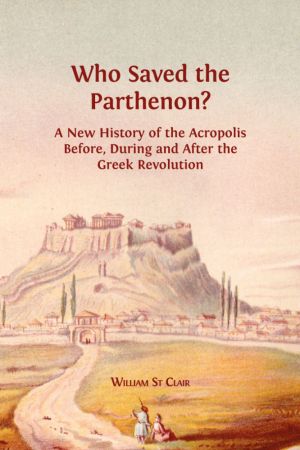
In this magisterial book, William St Clair unfolds the history of the Parthenon throughout the modern era to the present day, with special emphasis on the period before, during, and after the Greek War of Independence of 1821 - 32. Focusing particularly on the question of who saved the Parthenon from destruction during this conflict, with the help ...
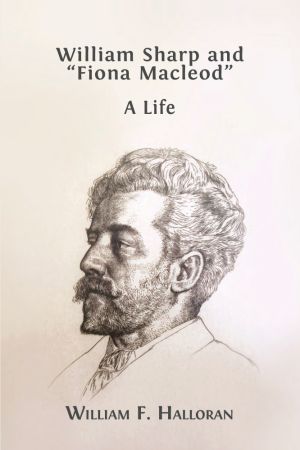
William Sharp (1855-1905) conducted one of the most audacious literary deceptions of his or any time. A Scottish poet, novelist, biographer, and editor, he began in 1893 to write critically and commercially successful books under the name Fiona Macleod who became far more than a pseudonym. Enlisting his sister to provide the Macleod handwriting, he...
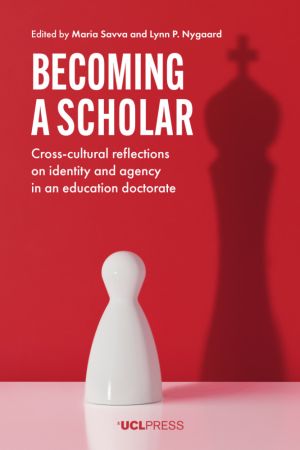
Becoming a Scholar provides a window into the lives of nine non-traditional doctoral students. As mature, part-time, international students enrolled in a professional doctorate programme, they reflect on the transformation process of becoming scholars, and their narratives provide breadth and depth to themes that represent a diverse cross-section o...
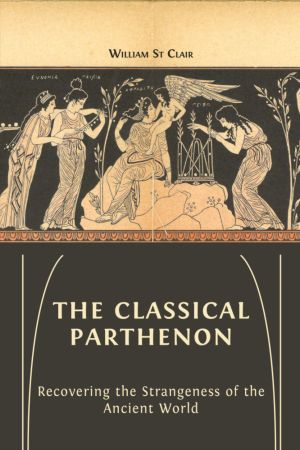
Complementing Who Saved the Parthenon? this companion volume sets aside more recent narratives surrounding the Athenian Acropolis, supposedly 'the very symbol of democracy itself', instead asking if we can truly access an ancient past imputed with modern meaning. And, if so, how?
In this book William St Clair presents a reconstructed u...
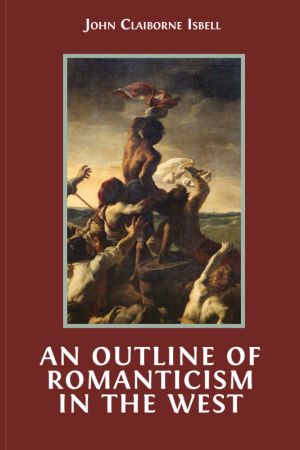
Navigating the landscape of Romantic literature and art across Europe and the Americas, An Outline of Romanticism in the West invites readers to embark upon a literary journey. Showcasing a breadth of theoretical and contextual approaches to the study of Romanticism, John Isbell provides an insightful contemporary overview of the field, paired with...

Interpersonal communication has many implications for us in the real world. Did you know that interpersonal communication played an important role in human evolution? Early humans who lived in groups, rather than alone, were more likely to survive, which meant that those with the capability to develop interpersonal bonds were more likely to pass th...
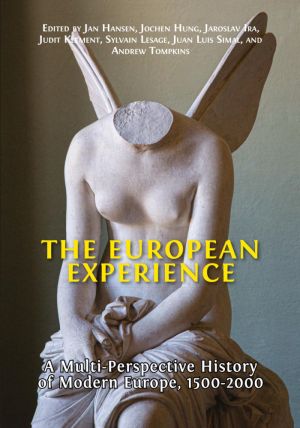
The European Experience brings together the expertise of nearly a hundred historians from eight European universities to internationalise and diversify the study of modern European history, exploring a grand sweep of time from 1500 to 2000. Offering a valuable corrective to the Anglocentric narratives of previous English-language textbooks, scholar...
